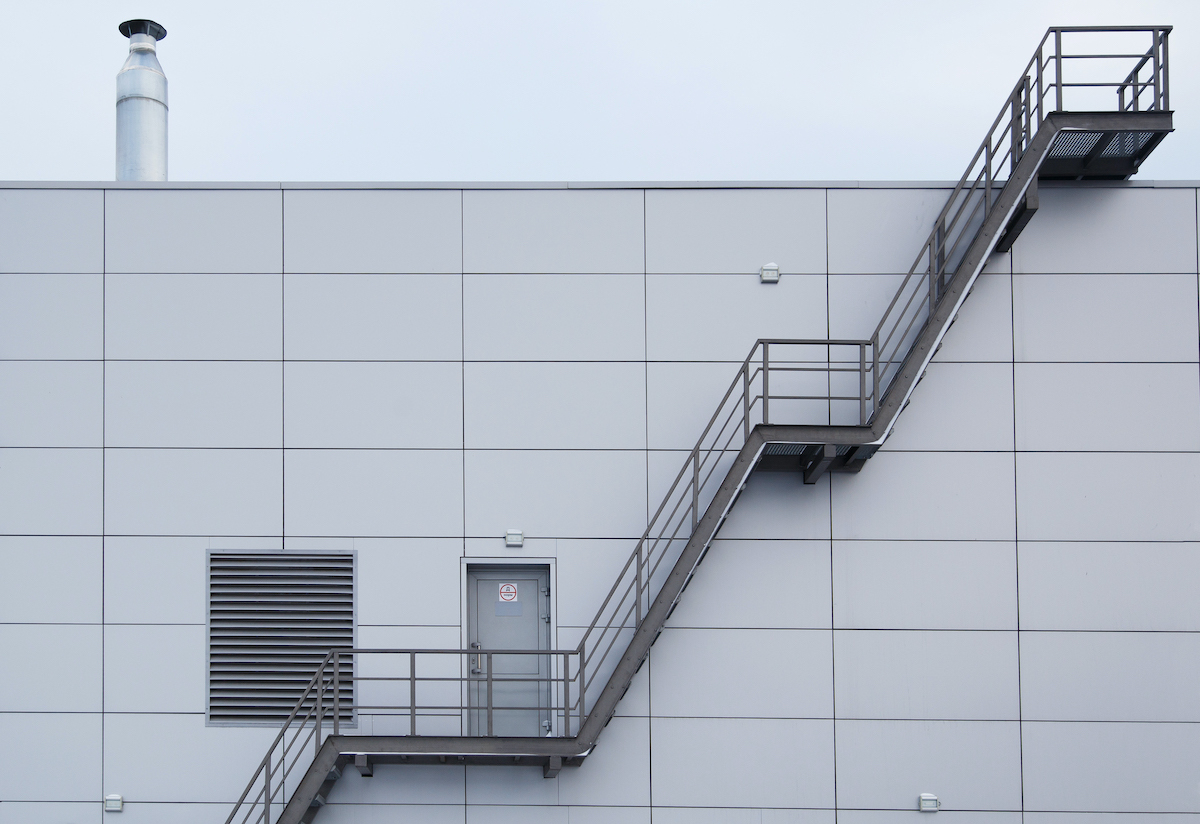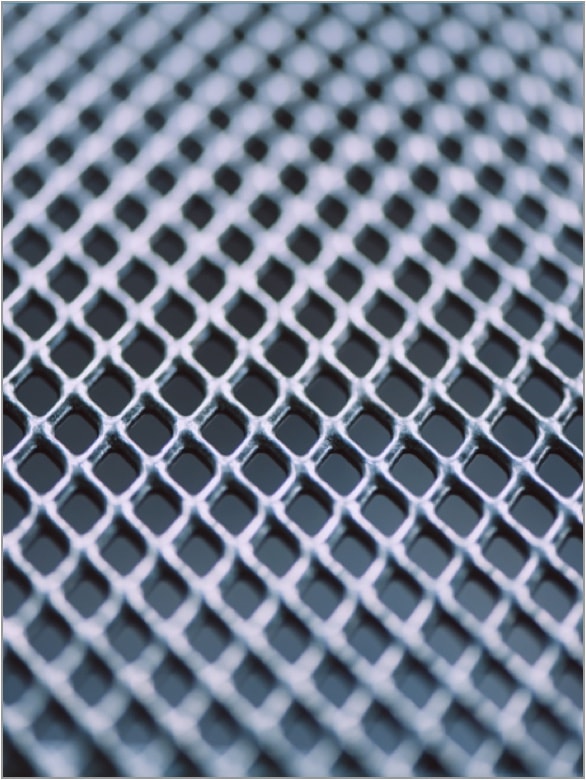Aluminum is known as one of the most versatile metals in the industry. Being cheap, abundant, resistant to a wide range of chemicals and temperatures, much lighter than iron, and extremely moldable gives it a great advantage and greater uses in the industry, especially the fact that it does not rust.
Pure aluminum like other metals is highly unstable in the presence of oxygen, even more so than iron.
So why doesn't it rust? The answer is that the aluminum that is commonly known is already oxidized.
What happens is that, when it oxidizes, aluminum oxide is obtained which is deposited all over the outside of the aluminum and forms a microscopic layer.
Oxidation of Aluminum
The oxidation reaction in aluminum has a high speed and occurs the moment the aluminum comes into contact with the oxygen in the air, completing the transparent oxide layer in seconds. Therefore, it is ideal to say "The aluminum is always covered with oxide", and not "The aluminum does not rust".
Aluminum Oxide
This aluminum oxide is transparent, this microscopic layer is chemically similar to minerals such as corundum, ruby or sapphire, which are extremely resistant. This makes the aluminum under the transparent oxide layer not affected by the elements of the external environment.
Aluminum Resistance
There are various chemicals that can drastically affect the oxide layer of aluminum. Some, like those containing chlorides, can slowly affect it, just as mercury, when applied to a layer of aluminum oxide, penetrates it quickly, preventing further oxide from forming on the surface of the aluminum, leaving it exposed to the air's oxygen.
Therefore, at Ulbrinox we want to inform you that aluminum does rust, but thanks to its high reaction speed and the fact that the product obtained (aluminum oxide) is transparent and resistant, and the oxide layer acts as its shield, it seems like it doesn't rust.













